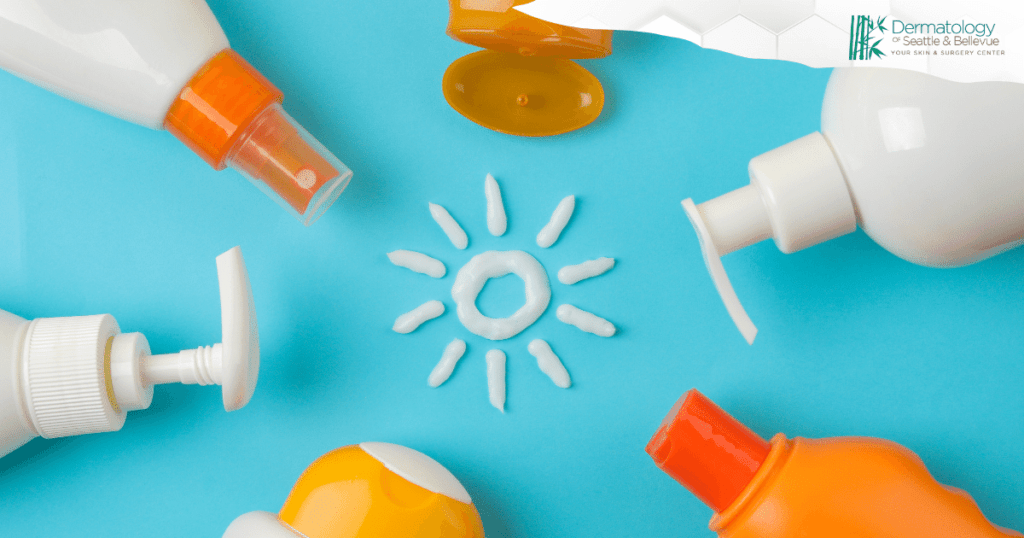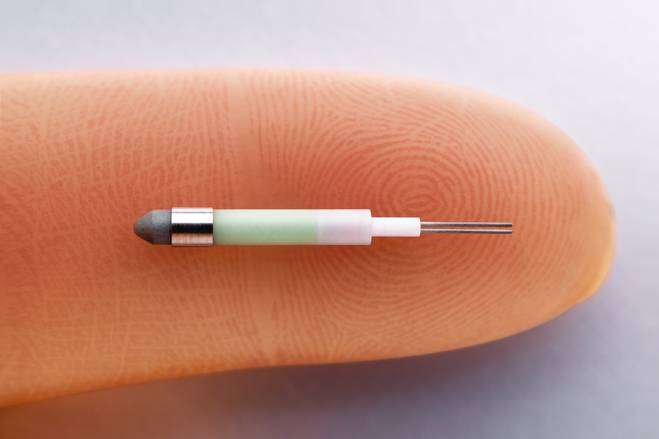No, sunscreen does not cause skin cancer. In fact, it plays a crucial role in preventing it by protecting the skin from harmful UV radiation.
The Role of Sunscreen in Skin Cancer Prevention
Sunscreen stands as one of the fundamental tools in the arsenal against skin cancer, playing a pivotal role in shielding the skin from harmful ultraviolet (UV) radiation. Here’s a closer look at how sunscreen contributes to skin cancer prevention:
- UV Radiation Protection: Sunscreens work by forming a barrier on the skin’s surface, either absorbing or reflecting UV radiation. This shields the skin from the damaging effects of both UVA and UVB rays, which are known to contribute to the development of skin cancer.
- Mineral vs. Chemical Sunscreens: There are two primary types of sunscreen: mineral-based (physical) and chemical-based (organic). Mineral sunscreens, containing ingredients like titanium dioxide and zinc oxide, create a physical barrier that reflects UV rays away from the skin. On the other hand, chemical sunscreens absorb UV radiation and convert it into heat, which is then released from the skin.
- Broad-Spectrum Protection: Effective sunscreens offer broad-spectrum protection, guarding against both UVA and UVB rays. UVA rays penetrate deep into the skin, leading to premature aging and increasing the risk of skin cancer, while UVB rays primarily cause sunburn and contribute to the development of skin cancer.
- Sun Protection Factor (SPF): The SPF rating on sunscreen indicates its ability to protect the skin from UVB rays. Higher SPF values provide greater protection against sunburn and reduce the risk of UV-induced skin damage. However, it’s essential to reapply sunscreen regularly, regardless of its SPF, as no product can provide 100% protection.
- Importance of Regular Application: Applying sunscreen correctly and regularly is crucial for effective protection against UV radiation. Sunscreen should be applied generously to all exposed skin areas at least 15-30 minutes before sun exposure and reapplied every two hours or more frequently if swimming or sweating.
- Complementary Measures: While sunscreen plays a vital role in skin cancer prevention, it should be part of a comprehensive sun protection strategy. This includes seeking shade during peak sun hours, wearing protective clothing such as wide-brimmed hats and long-sleeved shirts, and using sunglasses to shield the eyes from UV radiation.
- Year-Round Protection: Sunscreen use is not limited to sunny days or warm weather. UV radiation can penetrate clouds and cause skin damage, even on overcast days. Therefore, incorporating sunscreen into your daily skincare routine is essential year-round, regardless of the weather conditions.
In conclusion, sunscreen serves as a cornerstone in the prevention of skin cancer by providing effective protection against harmful UV radiation.
Choosing the Right Sunscreen: Tips for Effective Protection

Selecting the right sunscreen is essential for effective sun protection. Here are some tips to help you choose the best sunscreen for your needs:
- SPF Level: Look for a sunscreen with a Sun Protection Factor (SPF) of 30 or higher. Higher SPF levels provide better protection against UVB rays, which cause sunburn and contribute to skin cancer risk.
- Broad Spectrum: Choose a sunscreen labeled as “broad spectrum,” which means it protects against both UVA and UVB rays. UVA rays can penetrate deeper into the skin and contribute to skin aging and cancer risk.
- Water Resistance: If you’re swimming or sweating, opt for a water-resistant sunscreen. Water-resistant formulas can withstand exposure to water for a certain amount of time before reapplication is necessary, but be sure to follow the instructions on the label for reapplication intervals.
- Active Ingredients: Look for sunscreens containing active ingredients like titanium dioxide or zinc oxide, which provide physical (or mineral) sun protection by reflecting and scattering UV rays away from the skin. These ingredients are gentle on sensitive skin and provide broad-spectrum protection.
- Skin Sensitivity: When choosing sunscreen, consider your skin type and any sensitivities you may have. If you have sensitive skin or allergies, look for fragrance-free, hypoallergenic formulas to minimize the risk of irritation.
- Application Tips: Apply sunscreen generously to all exposed skin areas, including face, neck, ears, and hands, at least 15 minutes before sun exposure. Reapply sunscreen every two hours, or more frequently if swimming or sweating, and after towel drying.
Sunscreen Application: Best Practices for Sun Safety
Proper application of sunscreen is crucial for effective sun protection. Follow these best practices to ensure you’re using sunscreen correctly:
- Use Enough Sunscreen: Apply a generous amount of sunscreen to thoroughly cover all exposed skin areas. Most adults need about one ounce (enough to fill a shot glass) to cover their entire body.
- Don’t Forget Your Face: Apply sunscreen to your face, including ears, neck, and any other exposed areas. Choose a facial sunscreen that is lightweight, non-comedogenic, and suitable for your skin type.
- Reapply Regularly: Reapply sunscreen every two hours or more frequently if swimming or sweating. Even water-resistant sunscreens can wear off over time, so it’s essential to reapply to maintain protection.
- Pay Attention to Expiration Dates: Check the expiration date on your sunscreen and discard any expired products. Expired sunscreen may not provide adequate protection and could increase the risk of sunburn and skin damage.
- Cover All Exposed Skin: Don’t forget to apply sunscreen to commonly overlooked areas, such as the tops of your feet, the back of your neck, and your scalp (if not covered by hair). Consider wearing protective clothing, hats, and sunglasses for additional sun protection.
- Practice Sun-Safe Habits: Sunscreen is just one part of a comprehensive sun protection strategy. Remember to seek shade, especially during peak sun hours (10 a.m. to 4 p.m.), wear protective clothing, hats, and sunglasses, and avoid indoor tanning beds.
By choosing the right sunscreen and following proper application techniques, you can help protect your skin from the harmful effects of UV radiation and reduce your risk of developing skin cancer.
Final Thoughts
While this information provides valuable insights and practical tips for sunscreen use and sun protection, consulting with a healthcare professional for personalized guidance and recommendations tailored to your individual needs and concerns is essential.









